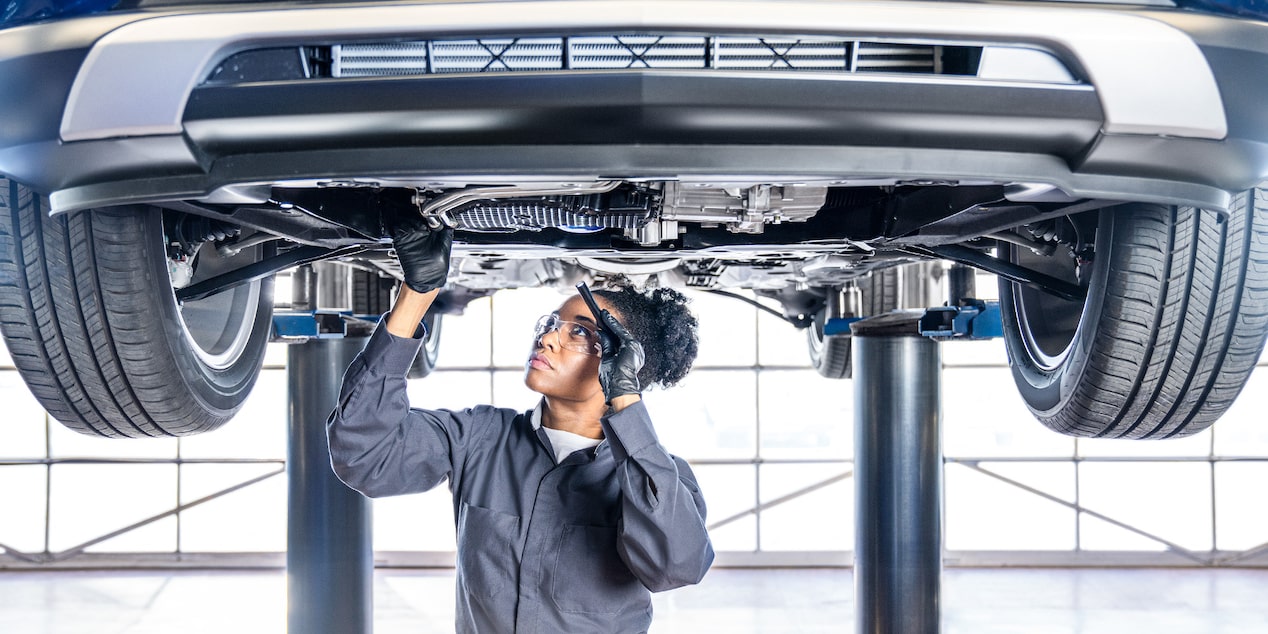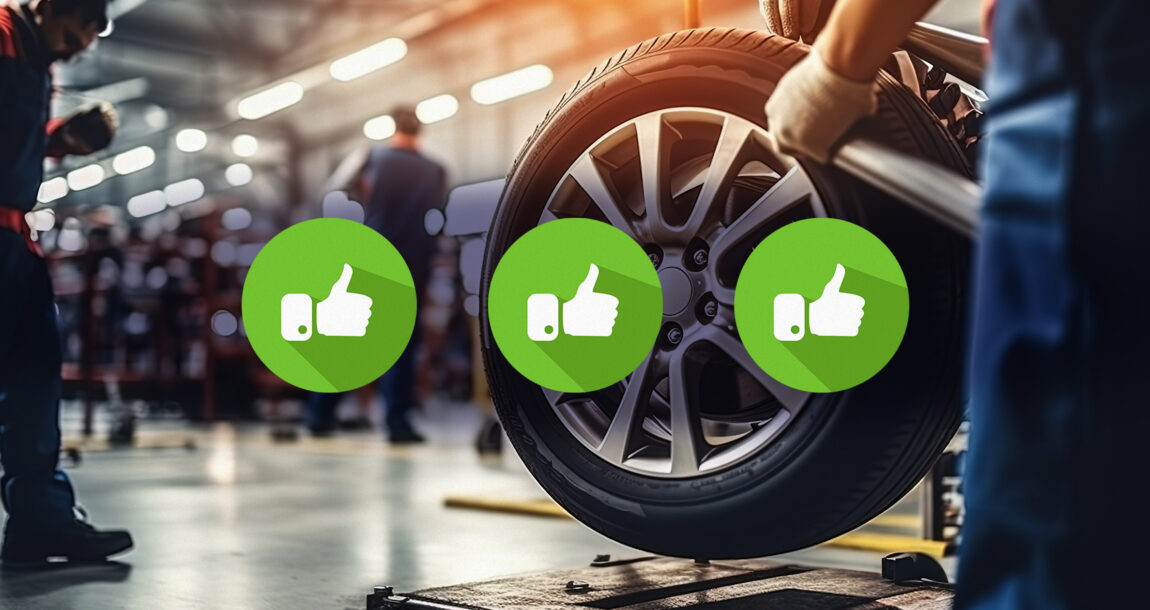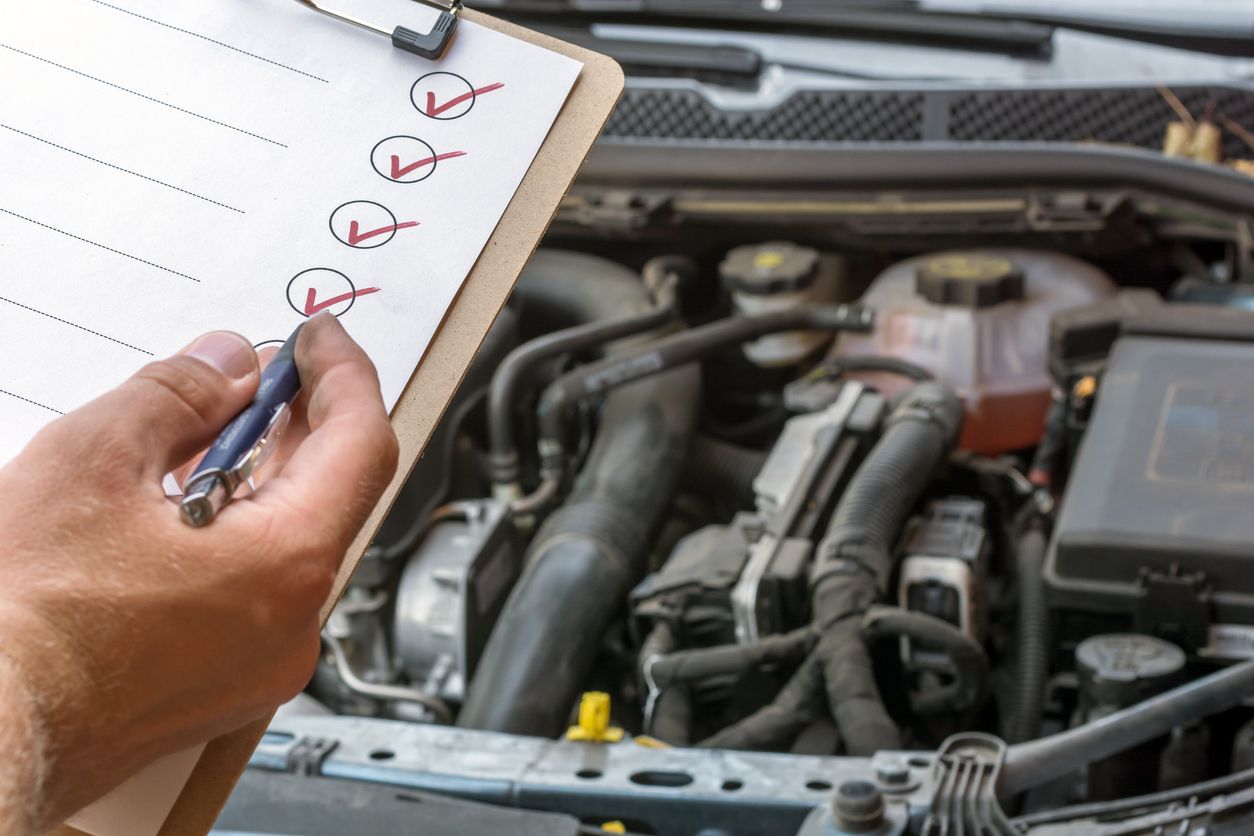All Categories
Featured
Your vehicle's exhaust system is essential for ensuring optimal efficiency, boosting fuel performance, and reducing unsafe exhausts. Over time, direct exposure to roadway elements, wetness, and warm can take a toll on your exhaust system, leading to rust, rust, or leaks.
![]()
![]()
![]()
Conclusion. Taking positive steps to care for your auto's exhaust system can conserve you from pricey fixings and ensure your vehicle runs successfully for years to come. By investing a little time and effort in your cars and truck's exhaust system, you can stay clear of costly repairs and delight in a smoother, much more efficient driving experience.

- Conduct Normal Examinations. A basic yet efficient method to make sure the long life of your exhaust system is to inspect it regularly. Seek any indicators of rust, corrosion, or physical damages like cracks or holes in the exhaust pipelines and muffler. Any kind of uncommon audios such as rattling or loud noises while driving can likewise be indicators of problems in the exhaust system. If you find any one of these indicators early, you can avoid little problems from becoming significant repair services.
- Protect Versus Corrosion and Deterioration. Corrosion is one of the leading causes of exhaust system failure. To protect your exhaust system, consider washing the underside of your automobile frequently, specifically after driving in salty or wet problems. If possible, pick an exhaust system that offers added deterioration security.
- Stay Clear Of Short Trips. Frequent short journeys, specifically in cool weather condition, can trigger moisture to build up in the exhaust system. When the exhaust system does not get hot enough throughout short drives, it can create condensation to create inside the pipelines, leading to rust.
- Drive Carefully and Properly. Driving behaviors can affect the life-span of your exhaust system. Aggressive driving, such as difficult acceleration and sudden braking, areas unneeded pressure on your car's parts, including the exhaust system. Gradually, this can cause extreme deterioration, creating parts to fail prematurely. Driving smoothly and avoiding sudden stops and starts can aid decrease the strain on the exhaust system, adding to its durability.
- Pay Attention for Unusual Sounds. Pay focus to any uncommon noises coming from your exhaust system. Attending to leaks as quickly as they happen can protect against further damage to the exhaust system.
- Check and Maintain Exhaust Hangars. Exhaust hangars are the rubber installs that support the exhaust system, maintaining it safely in position underneath the car. If these garages end up being used or harmed, the exhaust system might droop or become misaligned, creating stress and anxiety on the components and causing premature wear. Inspect the exhaust garages periodically and change them if needed to avoid unneeded stress on the exhaust system.

- Change Worn-out Parts Immediately. If you discover any type of components of your exhaust system that are used out or harmed, such as the muffler, catalytic converter, or exhaust pipe, it is essential to replace them promptly. Overlooking damaged components can result in further damage to the exhaust system and also engine efficiency problems. Regular maintenance and replacing faulty components when required will certainly assist maintain the exhaust system working appropriately and avoid larger, a lot more pricey issues later on.
- Keep Your Engine. An appropriately running engine directly influences the longevity of your exhaust system. If your engine is misfiring or otherwise running smoothly, it can cause excessive emissions that place extra stress on the exhaust system. Normal maintenance, such as oil changes, spark plug replacements, and air filter checks, ensures that your engine is running effectively, which in turn assists protect the exhaust system. Keeping your engine in good condition decreases the risk of added endure the exhaust parts.

Conclusion. Taking positive steps to care for your auto's exhaust system can conserve you from pricey fixings and ensure your vehicle runs successfully for years to come. By investing a little time and effort in your cars and truck's exhaust system, you can stay clear of costly repairs and delight in a smoother, much more efficient driving experience.
Latest Posts
Discover Limited-Time Auto Repair Offers in Chicago at Montclare Auto Repair
Published May 26, 25
1 min read
Check Out Outstanding Auto Repair Care in Chicago – Expert Care for Your Vehicle
Published May 26, 25
1 min read
Recognizing Roofing Guarantees: What Homeowners Ought To Know
Published May 25, 25
1 min read
More
Latest Posts
Discover Limited-Time Auto Repair Offers in Chicago at Montclare Auto Repair
Published May 26, 25
1 min read
Check Out Outstanding Auto Repair Care in Chicago – Expert Care for Your Vehicle
Published May 26, 25
1 min read
Recognizing Roofing Guarantees: What Homeowners Ought To Know
Published May 25, 25
1 min read